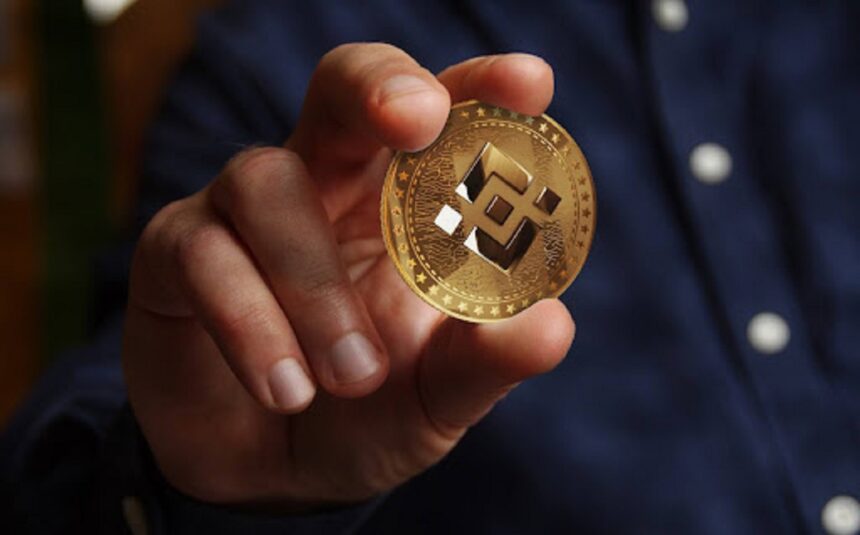
- Binance Pay has partnered with xMoney to enable crypto payments across 20,000+ businesses, including luxury, travel, and public services, enhancing accessibility for users.
- This partnership expands Binance Pay’s presence in Europe, aiming to meet the increasing demand for secure and efficient crypto payment solutions.
Binance Pay, the blockchain-based payment solution from Binance, has joined forces with xMoney, a leading blockchain payment provider, to boost crypto payment adoption across Europe. This partnership, announced in a blog post on February 3, 2025, expands Binance Pay’s global merchant network to over 32,000 businesses, all of which are operating under MiCA regulations.
According to the report, this marks a remarkable 36% year-over-year increase in Binance Pay’s merchant network. In just one year, the number of merchants on Binance Pay grew from 8,900 in December 2023 to over 12,000 by December 2024, showcasing the platform’s rapid growth and increasing adoption by businesses globally.
Jonathan Lim, Global Head of Binance Pay, highlighted the importance of the partnership, emphasizing how cryptocurrency is gaining momentum in mainstream commerce and public services. Lim noted: “This collaboration between Binance Pay and xMoney comes at a pivotal moment when cryptocurrency is being embraced in mainstream commerce and public services.”
The collaboration with xMoney is particularly significant as it also enables cryptocurrency payments for public services. xMoney has already established partnerships with several government entities, including the City of Lugano in Switzerland, where residents can pay for public services using crypto. Additionally, the National Administration of the Principality of Liechtenstein has joined the ranks, supporting cryptocurrency transactions for governmental services.
One of the standout benefits of Binance Pay is that users can send and receive payments without any additional charges. This zero-fee policy provides a hassle-free experience for crypto users. Additionally, it supports over 80 cryptocurrencies, including popular digital assets like Bitcoin (BTC), Ethereum (ETH), BNB, USDT, USDC, and FDUSD. The payment platform extends beyond digital transactions, enabling users to make purchases, pay bills, and book hotels, providing practical uses for daily activities. It also facilitates peer-to-peer payments and bill splitting, ensuring seamless integration into everyday life.
Binance’s Legal Challenges
In light of its recent legal challenges, Binance has made some strides to ensure compliance with global regulations. Over the past two years, the company has conducted 120 internal investigations, terminated over 60 employees, and recovered $30 million in illegal gains. As we have reported, Binance has appointed two U.S. law enforcement coordinators to navigate the complex legal landscape across multiple jurisdictions.
Binance’s legal troubles extend beyond internal investigations. The company is currently facing criminal accusations in Spain related to the alleged misappropriation of funds stemming from a businessman’s €67,550 investment that mysteriously vanished. Additionally, French authorities are investigating Binance for potential tax fraud, money laundering, and illicit activities that may have occurred from 2019 to 2024.
These growing regulatory challenges and the company’s ongoing efforts to comply with the Markets in Crypto-Assets (MiCA) framework could potentially affect Binance’s operations and Binance Coin’s (BNB) performance. As of writing, BNB is trading at $562.49, reflecting a 13.44% decrease over the past 24 hours and a 14.71% drop over the past week.






